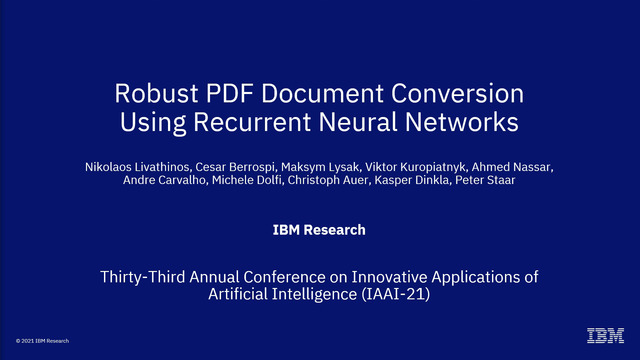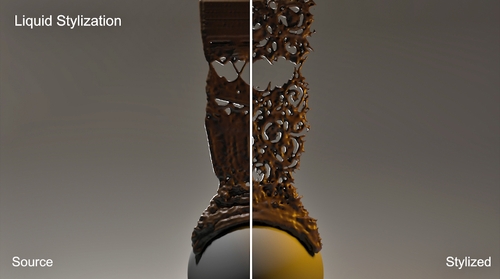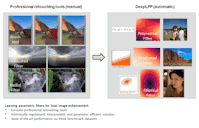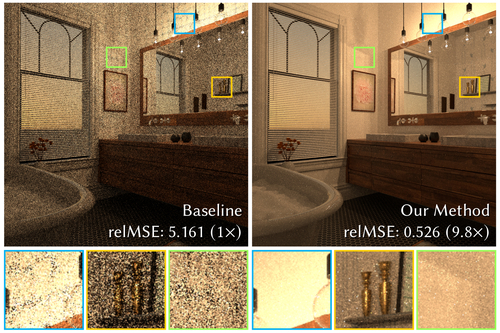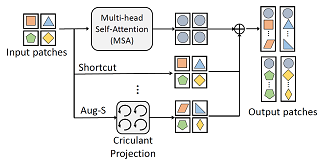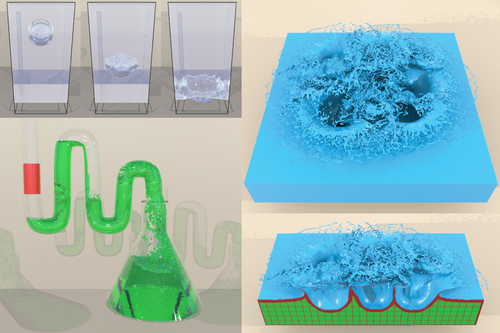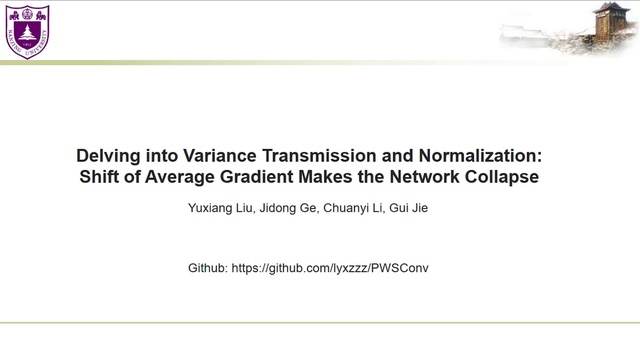Abstract:
Carbon fiber reinforced polymers (CFRP) are light yet strong composite materials designed to reduce the weight of aerospace or automotive components – contributing to reduced emissions. Resin transfer molding (RTM) is a manufacturing process for CFRP that can be scaled up to industrial-sized production. It is prone to errors such as voids or dry spots, resulting in high rejection rates and costs. At runtime, only limited in-process information can be made available for diagnostic insight via a grid of pressure sensors. We propose FlowFrontNet, a deep learning approach to enhance the in-situ process perspective by learning a mapping from sensors to flow front “images” (using upscaling layers), to capture spatial irregularities in the flow front to predict dry spots (using convolutional layers). On simulated data of 6 million single time steps resulting from 36k injection processes, we achieve a time step accuracy of 91.7% when using a \(38 \times 30\) sensor grid 1 cm sensor distance in x- and y-direction. On a sensor grid of \(10 \times 8\), with a sensor distance of 4 cm, we achieve 83.7% accuracy. In both settings, FlowFrontNet provides a significant advantage over direct end-to-end learning models.




